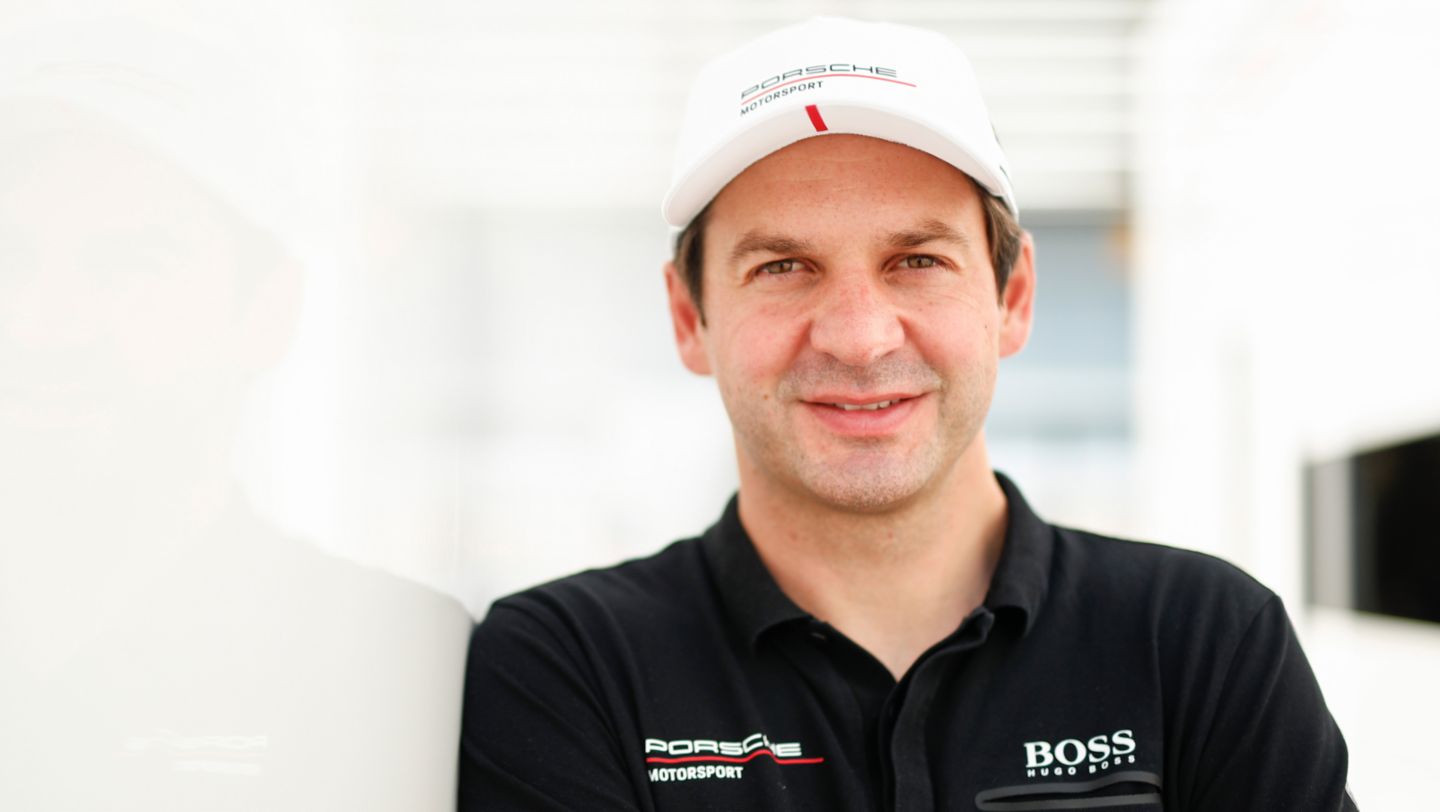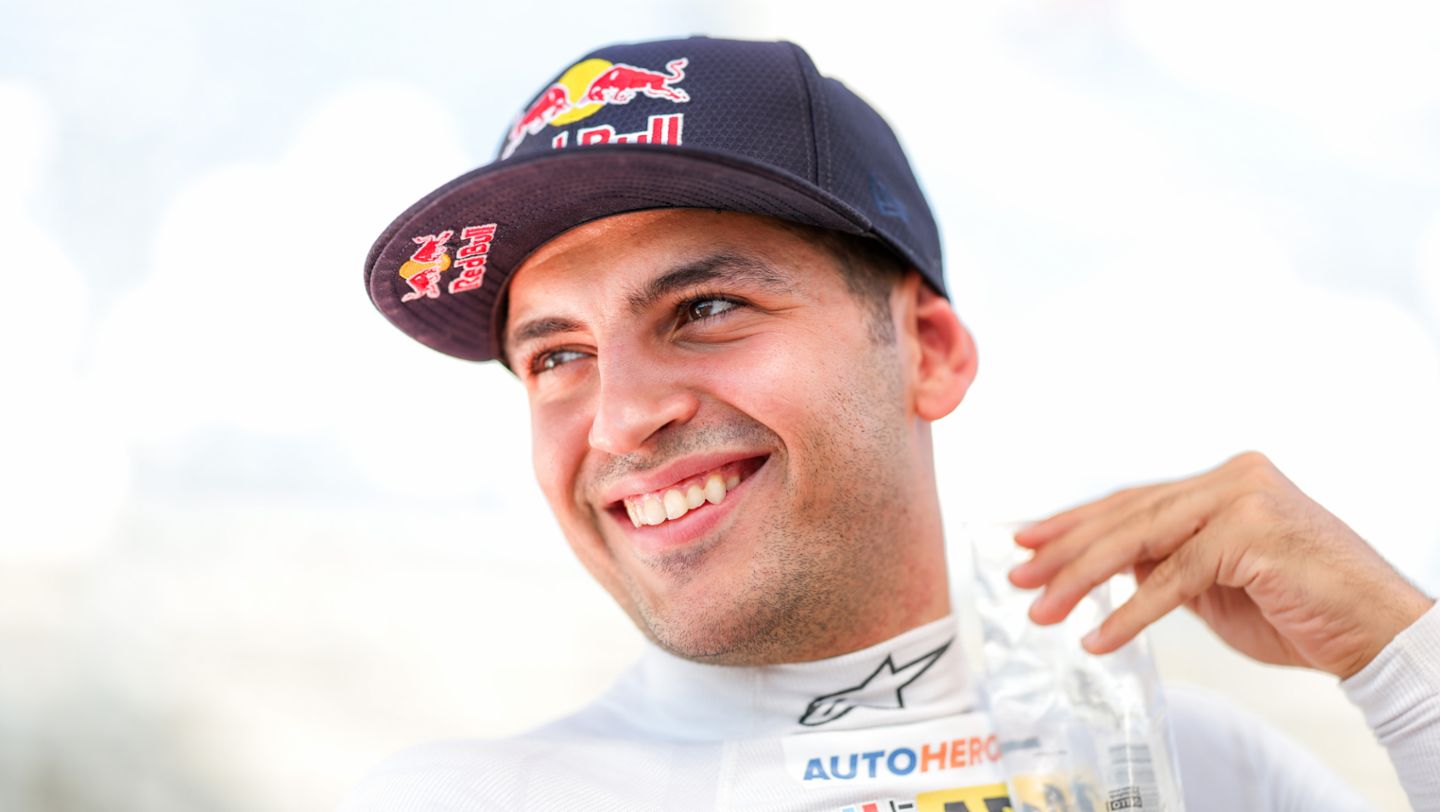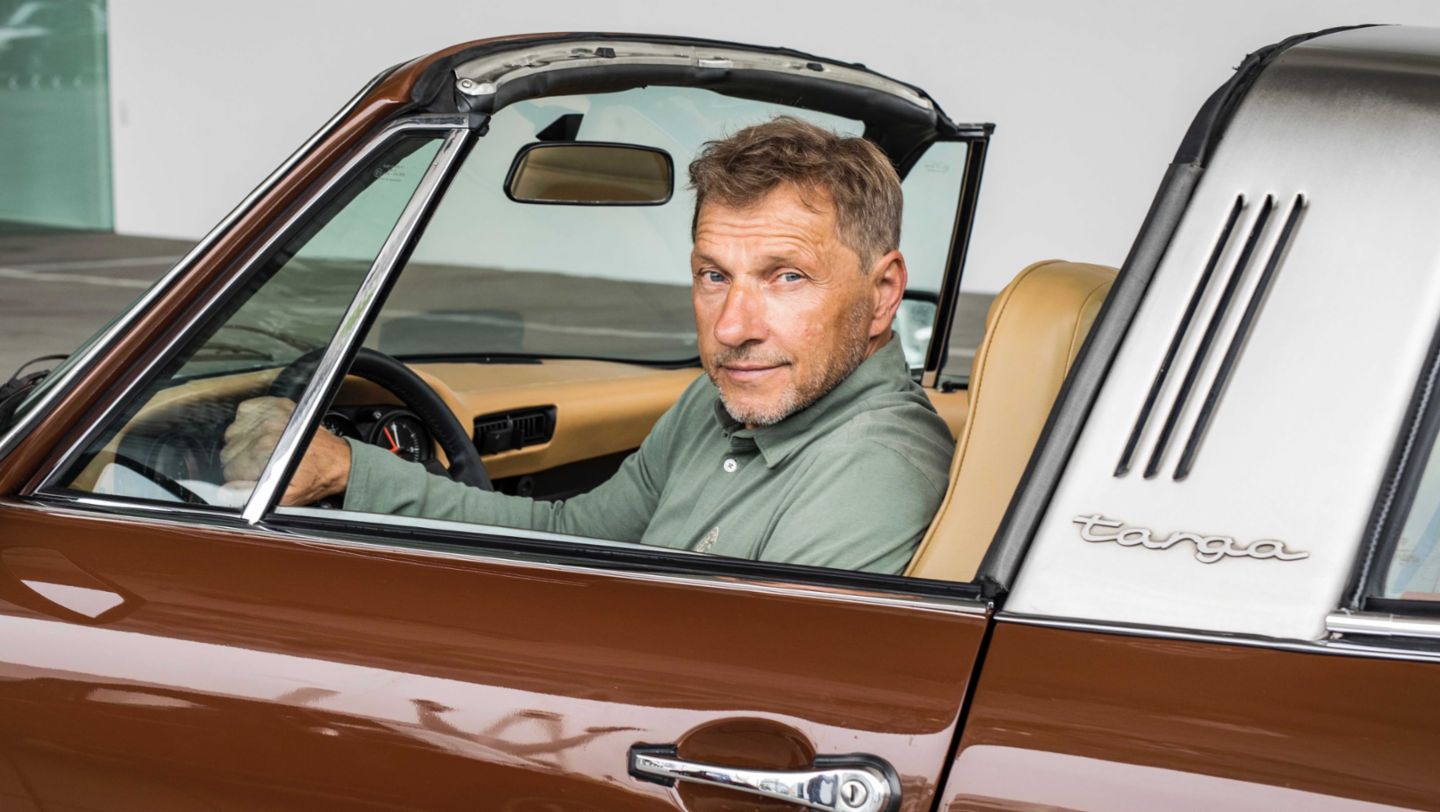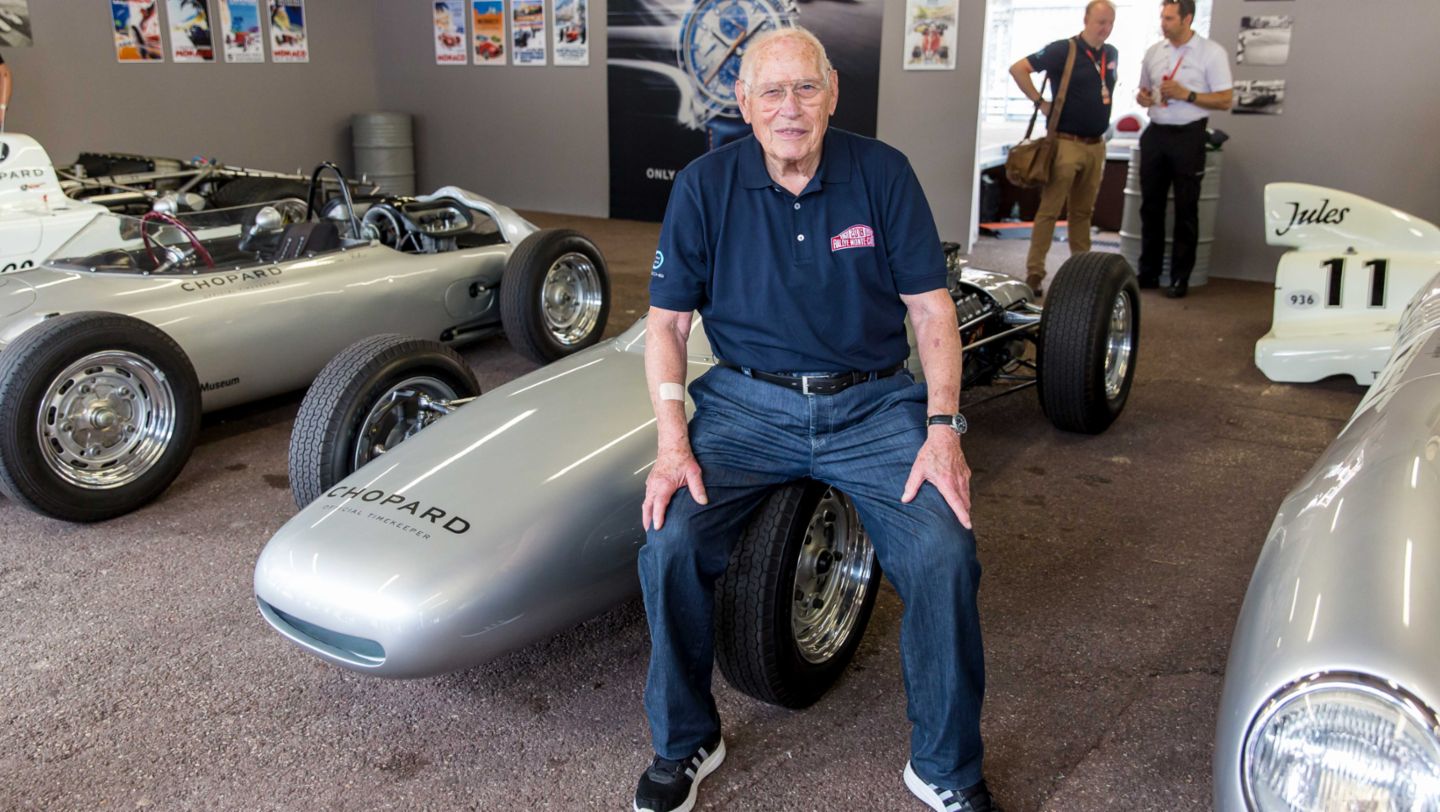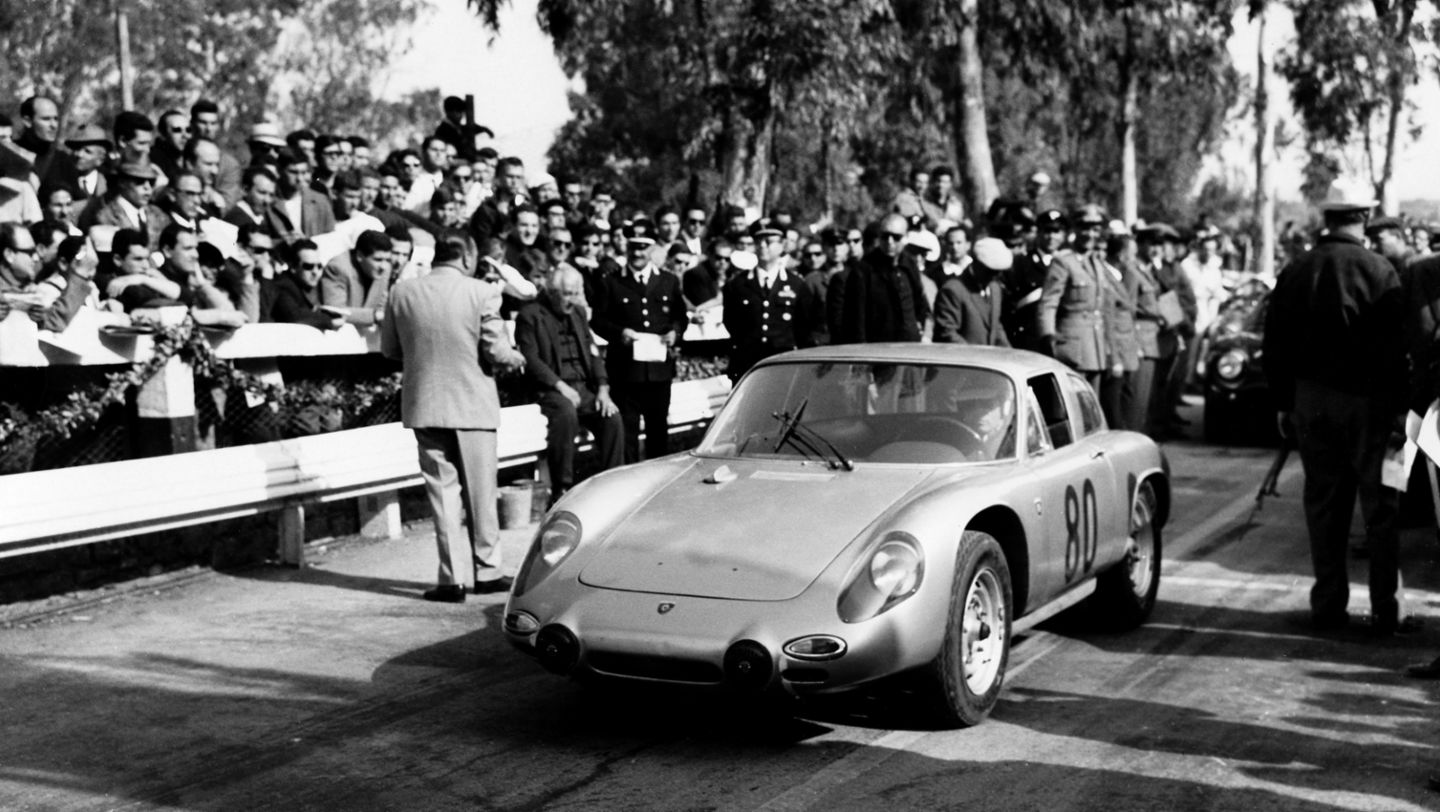Tech
Icons reunite: Porsche Heritage and Museum at Solitude Revival

Almost 60 years after the final race, Solitude Revival from 22 to 23 June 2024 harks back to the motorsport of yesteryear, when formula cars, GT cars, sports cars and prototypes raced through the forest on the outskirts of Stuttgart. “We are delighted to be going there with some legendary cars and drivers when the former racetrack comes back to life for two days,” says Achim Stejskal, Head of Porsche Heritage and Museum. “One of the targets of our “Mission Future Heritage” is to build a bridge to the future and also reach the younger generation with our understanding of driving culture. The former Solitudering is perfect for this – its races attracted up to 150,000 visitors back then and have lost none of their fascination to this day.” Solitude Revival brings together both active and former racing drivers as well as motorsport enthusiasts.
Drivers no less special than the cars
Seven special sports cars from the Porsche Heritage and Museum department will be taking part in demonstration drives in various classes. All of them are historic racing and road vehicles that are firmly anchored in the history of the sports car manufacturer. And the drivers are no less special than the cars.
“Being able to drive a historic sports car at Solitude Revival is like travelling back in time,” says Le Mans overall winner and endurance world champion Marc Lieb. “The track is very demanding with its fast bends.” Another Le Mans winner on the start line at Solitude Revival will be Porsche works driver Richard Lietz, who won the GTE-Pro class of the endurance race four times for Porsche. The winner of the Bathurst 24 Hour, Ayhancan Güven, will also be driving a Porsche through the forest near Leonberg. The 26-year-old represents the next generation of racing drivers who will continue the company’s motorsport history with their stories.
Visitors will also see Tatort actor Richy Müller at the wheel of a historic sports car. “Solitude Revival is a real feast for classic car fans,” says two-time World Rally Champion Walter Röhrl. “The captivation of Porsche is palpable there; I can never get enough of it.” The Porsche brand ambassador will drive a sports car fuelled by eFuels. It contains synthetic raw fuel which is produced from hydrogen obtained using renewable energy and carbon dioxide from a biogenic source. Porsche Heritage and Museum is taking three cars with eFuels in their tanks to the former racetrack: the 550 Spyder, 911 Carrera 2 Cup and 911 GT3 Rallye. The sports car manufacturer views eFuels as a useful addition to electromobility. Porsche is a driver of innovation in this area. Those who would like to find out more about this topic are very welcome to visit the ‘Porsche Renndienst’ VW van at the event. The mobile Porsche information stand will be located at the Seehaus.
Exhibition of historic racing and road cars
The organisers of Solitude Revival will pay special tribute to Herbert Linge, who passed away in early January. The Herbert Linge memorial race commemorates a man who played an integral role in the history of the Stuttgart sports car manufacturer. Linge received the Mexican Order of Merit for three consecutive class victories as a co-driving mechanic in the Carrera Panamericana from 1952 to 1954. Porsche Heritage and Museum will celebrate his memory by sending a 550 Spyder from 1954, and the special race in honour of the former racing driver and operations manager of the Weissach Development Centre will be complemented by a number of other Porsche sports cars from private owners and institutions. Together they’ll retrace the motorsport life of Herbert Linge.
Another highlight will be the Porsche 356 B 2000 GS Carrera GT ‘Dreikantschaber’. The wedge-shaped nose and the abrupt break in the roofline gave the 1963 Porsche its nickname. Based on the 356 B Carrera 2, only two examples of the Gran Turismo racing car were ever built and thanks to its lightweight construction it weighed 195 kilograms less than its road-going counterpart, at 820 kilograms. At the 1963 Targa Florio, Edgar Barth and Herbert Linge finished third overall with this car, winning the GT class. Three months later, Linge became the first GT driver to lap the Nürburgring-Nordschleife in less than 10 minutes with the ‘Dreikantschaber’.
Porsche Heritage and Museum is sending another lightweight version of the 356 B to Solitude Revival, in the form of the 356 B 2000 GS Carrera GTL Abarth. The 778 kg racing car enabled Porsche to remain competitive in Gran Turismo sport in the 1960s. The handcrafted aluminium bodies featuring the characteristic air scoop on the rear were compact and streamlined. With various engines – from 1.6 litres to 2.0 litres – the 356 B 2000 GS Carrera GTS Abarth achieved class victories at the Targa Florio and at Le Mans. Porsche also won the European Hillclimb Championships from 1961 to 1963 with the racing car.

Crowd puller for the Turbo anniversary
In keeping with this year’s motto Beyond Performance – 50 Years of Porsche Turbo, the sports car manufacturer will be exhibiting the Porsche 934. The racing car for customer motorsport, which was introduced in 1976 in compliance with Group 4 of the FIA regulations, was based on the standard 911 Turbo that was known internally as the 930. At international level, it replaced the Carrera RSR and, in doing so, became known as the Turbo RSR. At the rear of the 357 kW (485 PS) GT car is a six-cylinder turbocharged boxer engine designed for racing.
Another eye-catcher at Solitude Revival will be the 964-generation 911 Carrera 2 Cup. The racing car from 1993 was based on the 911 Carrera RS and, like the latter, has a lightweight body with aluminium bonnet and thin window glass. At the beginning of the 1990s it competed in the Supercup, an international championship organised by Porsche for production-based Porsche racing cars, which quickly became a permanent fixture on Formula One weekends. To save every superfluous gram on the racetrack, Porsche dispensed with insulating material, among other things. The brake system was carried over from the 911 Turbo.
Racing and rally cars in action
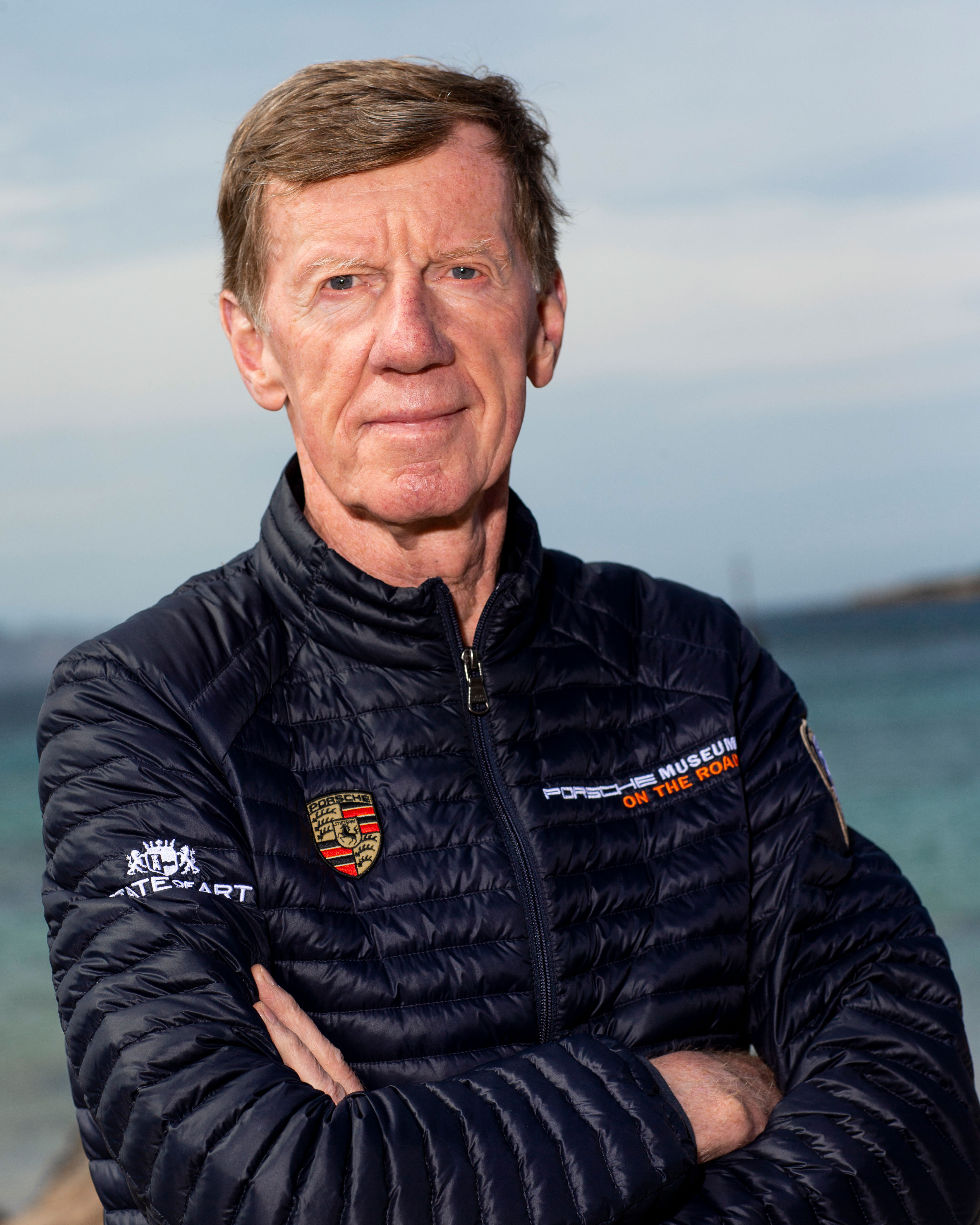
It was exactly 20 years ago that Porsche developed a production-based rally 911 in a short space of time. The motivation for the 911 GT3 Rallye of the 996 generation was a competition organised by the Royal Automobile Club of Belgium. When enough customers showed interest in the Gran Turismo class for the national rally championship, Porsche engineer Roland Kussmaul and two-time rally world champion Walter Röhrl put together a rally kit. The standard high-revving engine produces 280 kW (381 PS). The body was reinforced with a roll cage and sat higher than the standard GT3, and the gearbox was fitted with shorter ratios. Röhrl will not miss out on the opportunity to drive his former rally car at Solitude Revival.
As the youngest racing car from its own line-up at the event, Porsche’s 911 RSR from 2022 will complete laps in Leonberg. It is based on the 911 GT3 RS high-performance road sports car and is a further development of the 911 RSR from 2017. Despite these foundations, Porsche developed about 95 per cent of all its components from scratch. The 378 kW (515 PS) naturally aspirated engine is the largest boxer ever to be fitted by the factory in a 911. The carbon fibre-reinforced plastic body was designed with endurance races in mind. In June 2022, the 911 RSR crossed the finish line at Le Mans as the winner of the GTE-Pro class. One of the three drivers who jointly covered 4,769 kilometres in 24 hours – Richard Lietz – will be back in the cockpit for Solitude Revival.
Sports cars on static display
Porsche Heritage and Museum has another model in store for spectators, but only as a static display and not for exhibition drives: a special 911 Turbo 3.0 Coupé. It was registered to Ferry Porsche in 1976. Like most of his sports cars, it is painted green, and the company founder’s son dispensed with the Turbo lettering at the rear. The dashboard of this unique car is covered in buffalo leather and the seats are chequered in a tartan pattern.
At the Porsche stand, guests can get up close and personal with cars from the company’s collection and one or two heroes from the past. There, right at the start/finish line, the museum has also set up a shop with a lot of Porsche products. Visitors will find the latest lifestyle collection and a selection of literature, model cars and souvenirs. The museum shop also has a range of products specially designed for the Turbo anniversary. Porsche is also celebrating ‘50 years of Turbo’ with a small exhibition on site. A Porsche 4Kids station awaits young visitors, where young fans can colour in Turbo pictures. Anyone wanting to take home a special souvenir can have their photo taken with a Porsche 356 B 2000 Carrera GT or a Mercedes-Benz 300 SLS. Both sports cars are available at a joint photo point with the Mercedes-Benz Museum.
On Solitude Revival
Solitude Revival is an event to showcase historic racing and road cars on the former Solitudering near Stuttgart, which consists of public roads that will be closed especially for the occasion. The line-up will include racing motorbikes and racing motorcycle sidecars up to 1972, racing and sports cars up to 1947, racing sports cars and prototypes from 1948 to 1976, GT and racing touring cars from 1948 to 1972 and formula racing cars from 1948 to 1976. Porsche Heritage and Museum will be taking part in the ‘Solitude Revival Warm-up Night’ in the paddock the evening before the event with a number of vehicles, starting on Friday, 21 June at 19:00.

